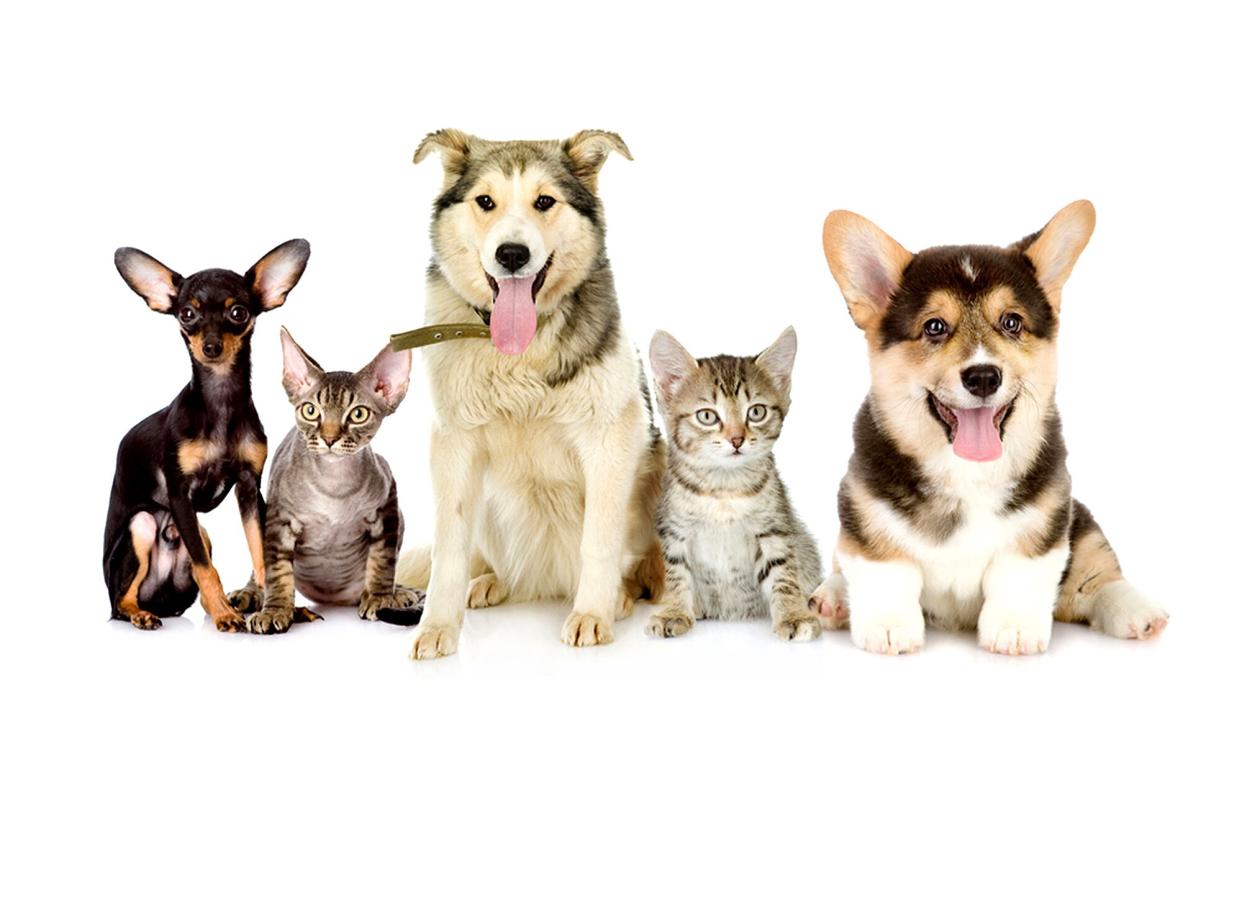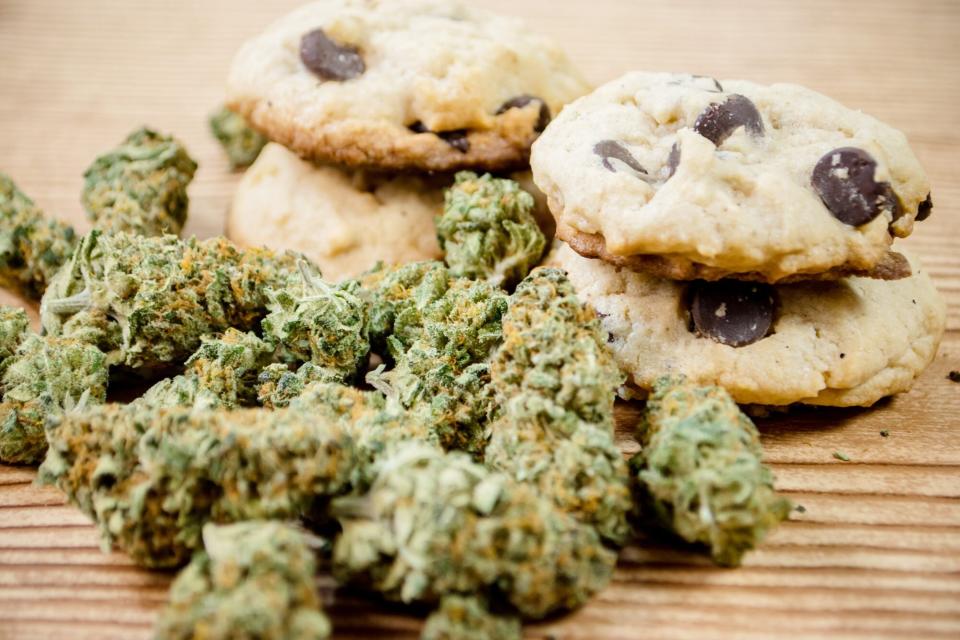Vets Are Handling an Increase in Pets Sickened from Consuming Marijuana Edibles, Study Finds

Abdessamad Ghayour/Getty
As the legalization of marijuana expands, veterinarians are seeing an increase in pets getting into their owners' marijuana edibles and experiencing marijuana toxicity, according to a new study.
In a study published Wednesday in the journal PLOS ONE, veterinarians reported a significant rise in the number of pets experiencing cannabis poisoning.
Researchers surveyed more than 200 veterinarians in the United States and Canada and found 283 reported cases of cannabis poisoning resulting from pets accidentally gaining access to marijuana edibles. The study found that dogs are the most likely pets to experience cannabis toxicoses, followed by cats, iguanas, ferrets, horses, and cockatoos.
The study found cases of 16 animals that reportedly died after consuming marijuana. However, veterinarians did not analyze the presence of other toxins or underlying medical conditions that could have contributed to the fatalities.
Never miss a story — sign up for PEOPLE's free daily newsletter to stay up-to-date on the best of what PEOPLE has to offer, from juicy celebrity news to compelling human interest stories.

Getty
"Because this looks like and smells like food, dogs especially, being the opportunists that they are, they are going to want to eat it," Dr. Ahna Brutlag, director of veterinary services and senior veterinary toxicologist at Pet Poison Helpline, told NBC News. "They also don't just eat one; they eat as much as they possibly can in that one sitting. Because the edibles are so much more concentrated in the THC than the flower, they end up getting a very large dose all at one time."
The study found that the most common marijuana products that led to pet health emergencies were edibles and dried cannabis.
It is best for marijuana users to keep their products far away from pets, in a secure place they cannot reach. Marijuana should not be smoked around animals because, for some species, a few inhales is enough to cause marijuana toxicity.
RELATED: Some Influencers Are Cloning Their Famous Pets to Maintain the 'Legacy' of Their Popular Animals
The signs of marijuana toxicity are impaired coordination, drooling, vomiting, lethargy, depression, seizures, and coma.
"It's important to remember our pets are not tiny people. They're very different creatures with different metabolisms and because of that they can have serious outcomes from ingesting marijuana," Dr. Dana Varble, the chief veterinary officer for the North American Veterinary Community, told CNN. "The effects on a small animal will be much stronger than what you or I might experience."
RELATED VIDEO: People Pet Vet Evan Antin Reveals The Tell-Tale Signs Your Pet Is In Pain
Want to get the biggest stories from PEOPLE every weekday? Subscribe to our new podcast, PEOPLE Every Day, to get the essential celebrity, entertainment and human interest news stories Monday through Friday.
If you suspect that your pet has ingested or inhaled marijuana and/or is showing signs of marijuana toxicity, you should take them to the vet for treatment.
Depending on the amount ingested, types of consumption, and the strain, it can take minutes to hours for your pet to show signs of marijuana toxicity. Greater concentrations of THC from stronger strains can cause hyperactivity and agitation.
RELATED: 2 Bird Flu Cases Confirmed in U.S. Zoos, Officials Say Infected Birds Won't Be Euthanized
It is important to be honest with your vet about what your pet consumed, so they can rule out other illnesses that may manifest themselves the same way as marijuana toxicity. In many cases, with monitoring, pets fully recover from marijuana toxicity with no complications or side effects.
Pet owners should never encourage animals to ingest marijuana. Pets can not understand the effects of a marijuana high, which can lead to harmful and unpredictable behavior that, at the very least, is uncomfortable for animals.

